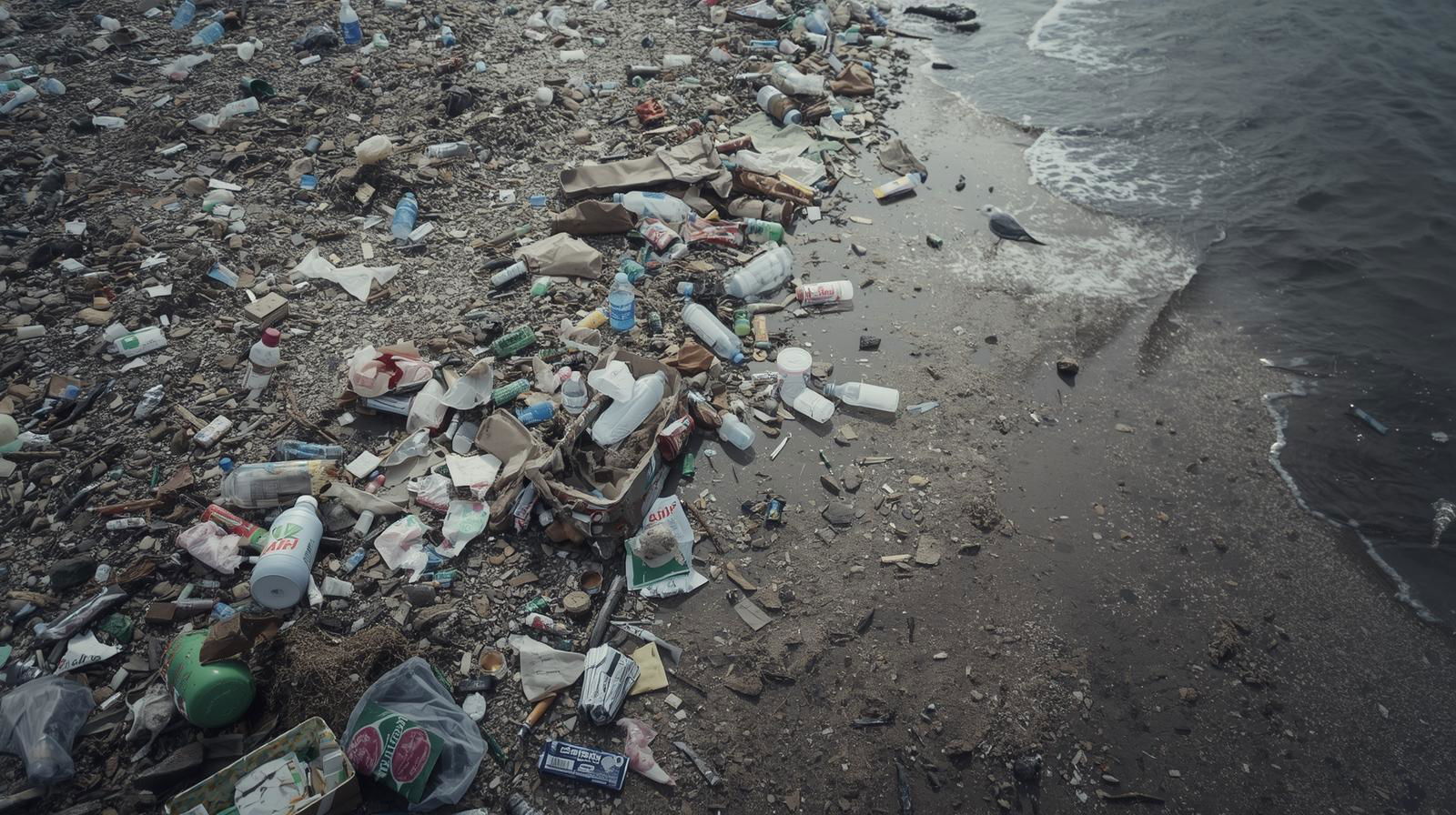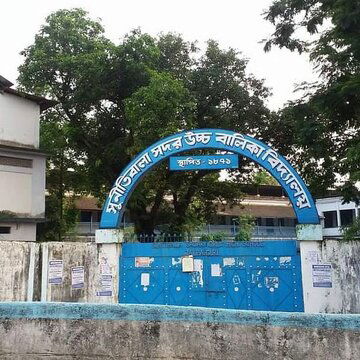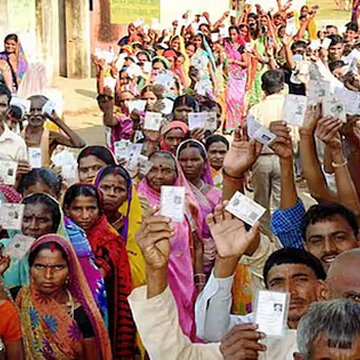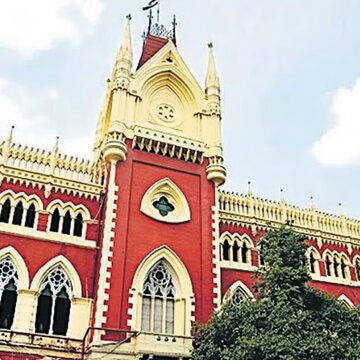Plastic, thermocol plates, and bowls lie scattered across the beach. Tree branches are cut for cooking. Motorbikes roar across the sand. All this has local residents worried about pollution. It could also destroy biodiversity. The crowds are growing not just at Digha or Mandarmani, but also at new tourist destinations like Junput, Kanaichatta, Boguranjalpai, and Haripur beaches. Local residents and environmentalists believe pollution is increasing alongside tourism.
The tourist season is approaching. Recently, tourists prefer visiting such secluded beaches. Particularly due to the lack of picnic spots at Digha-Mandarmani, tourists are crowding various sea beaches from Digha to Khejuri for picnics.
Environmentalists and local fishermen fear that the reckless growth of tourism is damaging coastal biodiversity. The complaint is that plastic pollution is increasing across sea beaches. There is a lack of surveillance and designated waste disposal areas, and the garbage is not cleaned either. As a result, the protected sea beach of Boguranjalpai, declared by the State Biodiversity Board, is suffering the most damage from plastic and thermocol utensils left by tourists. The complaint is that pollution is spreading in areas declared as biodiversity conservation zones due to administrative indifference. Picnic gatherings are being held within protected forest areas. Another complaint is the unrestricted movement of motorbikes and cars on the beach.
Once, groups of red crabs could be seen roaming the sea beaches from Digha's Dattapur to Junput. They are no longer visible. According to environmentalists, when human movement and pollution increase on beaches, they migrate elsewhere. Due to the growth of tourism in Digha, these crab groups moved from Shankarpur to Mandarmani beach. Gradually, their numbers have decreased on Mandarmani beach as well. Now there is growing concern about how long red crabs and various other animals will be seen on the beach adjacent to Boguranjalpai. Environmentalists fear that if pollution increases due to tourist movement across the beach, the remaining biodiversity surviving on the beach will also be destroyed.
Acknowledging the problem, Pritiranjan Maiti, secretary of the Kanthi-1 Block Biodiversity Committee and science teacher, said, "If the number of tourists increases in protected beaches and forest areas like this, coastal biodiversity will be destroyed. We will appeal to the administration and forest department to take necessary steps before December."
According to Dipak Jana, secretary of the East Midnapore Fishermen's Forum and local resident, despite multiple appeals to the administration and forest department from fishermen for necessary measures, no solution has been found. Forest Department Kanthi Range Officer Atulprasad De said, "Awareness camps will be organized by the forest department regarding beach pollution. Besides, the district administration will also be informed to take necessary steps."











